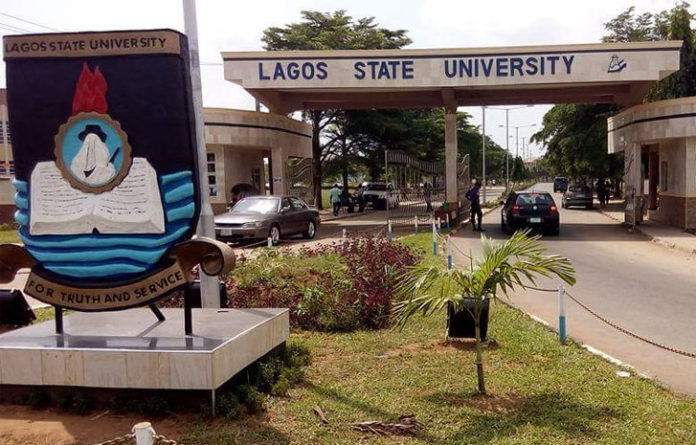Fundamentally universities are centres for research and learning.
Beyond education for education’s sake, researches are tailored to solve societal problems in ways that take humanity away from what Fidel Castro once qualified as the pedestal of prehistory. We are constantly under the oppression of nature, and man is in a perpetual quest to know nature and overcome it, ask questions about the unknown, and equally problematise the known. Put differently, man is trying to play God. This is the burden that intellectuals carry.
As Paul Baran argued in the 1960s, the distinguishing feature of the intellectual is his preoccupation with the whole historical process, his perpetual travail to relate an aspect of a phenomenon that he is engaged with to the historical process. Indeed societal conditions are taken for granted or foist as “extraterritorial.”
For Baran, in the realisation of the principle of truth, “it is wholly inadmissible to refrain from laying bare the complex relations between whatever phenomenon happens to be at issue and what is unquestionably the central core of the historical process: the dynamics and evolution of the social order itself.” Hence, “The desire, to tell the truth, is therefore only one condition for being an intellectual. The other is courage, readiness to carry on rational inquiry to wherever it may lead, to undertake ‘ruthless criticism of everything that exists, ruthless in the sense that the criticism will not shrink either from its own conclusions or from conflict with the powers that be’”.
The above principle of truth is supposedly immanent in academia, but in practice, there are deviations in a world driven by neoliberal policies. However, in the last three years, the Lagos State University, the leading state institution in the country today, by its global ranking, has sought to give impetus to the commitment of the intellectual, and by extension, the university’s mandate, that is, “to provide Lagos State with the required human capital for the sustenance of her position as the commercial and industrial hub of the federal republic of Nigeria and the strategic transformation of the industrial capacity of the state in particular and the country in general”. Thus, the university’s Directorate for Research Management and Innovation is steeped in the business of research fair. The latter is “a scientific meeting to disseminate knowledge, network, and provide solutions, innovations, products, and services that may be available for commercialisation and a platform for gown and town interactions.”
In 2019, its maiden edition was themed “Driving National Development through Research and Innovation”. And the second was on “Innovative Products and designs for Micro, Small and medium-Scale Enterprises”. This year’s fair-themed “Creative and Innovative Solutions to COVID 19 Pandemic” is billed to hold September 7. Rationalizing the choice of theme, Professor Olumuyiwa Odusanya, the Director of the Research Directorate notes that “COVID-19 remains a potent and existential threat to the human race. It is the single most important public health emergency in the last fifty years. The impact has cut across every facet of the human endeavour. Advances against the pandemic have been achieved through intense research on several fronts”. The fair’s broad objectives are solving socio-economic and livelihood challenges; advancing the frontiers of knowledge for solutions; building a robust and resilient Nigerian health system; new paradigms and methods in education; innovative solutions to COVID-19; and the unique roles of the humanities in tackling COVID-19 pandemic.
LASU’s insertion in research and related activities has notched up the university in national and global rankings. In research citation, LASU was recently among the top three percent globally. For the research-minded, this scheduled fair with four sessions, including scientific paper presentations and a panel discussion, will be a rewarding experience being a unique meeting to share and extend knowledge on the COVID-19 pandemic.
To be sure, the role of research in man’s historical process and the building of a new social order cannot be overemphasised. Knowledge must advance the wellbeing of humanity. Knowledge drives the twenty-first-century world. In other words, research and innovation are key. The Nigerian academia must key into it to advance the course of development in our society. As some have argued recently, education is suddenly migrating from the classroom. The continuous relevance of academia, without doubt, lies in cutting-edge research for social progress.
Professor Akhaine, a visiting member of The Guardian Editorial Board, is a Professor of Political Science at the Lagos State University.

Call:
Sandra - 07069148333
Pauline - 08174374150
Scholastica - 09060678434













